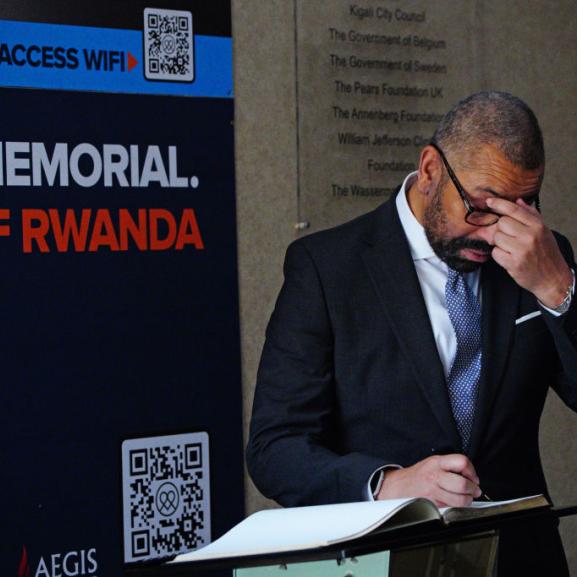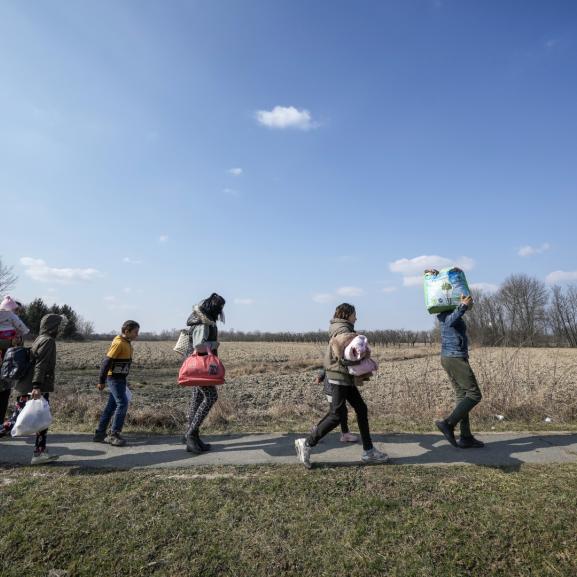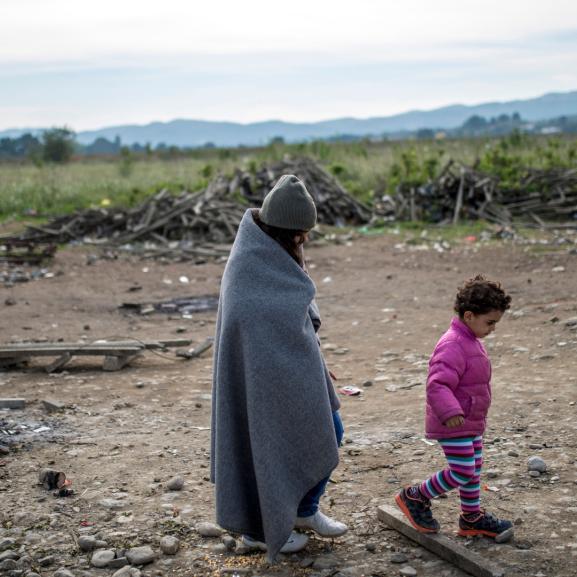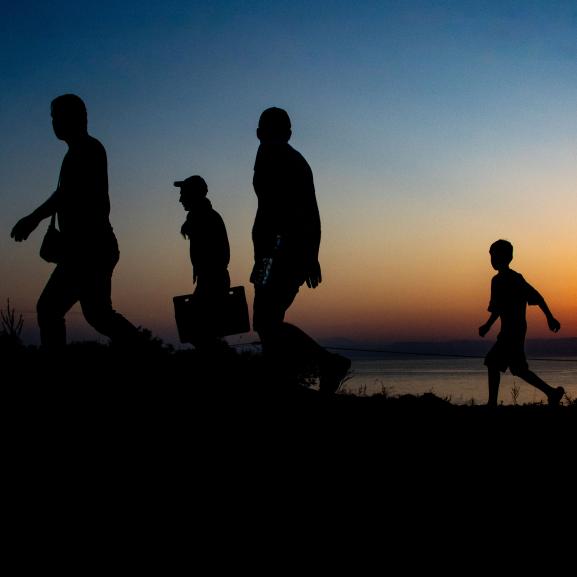How the asylum backlog causes a mental health crisis
Nobody should have to wait years for their claims to be processed. But this asylum limbo is causing a mental health crisis for survivors of torture.
Every day our therapists and legal advisers work with survivors of torture who are stuck waiting months or years for their asylum claims to be processed.
Many of the survivors have fled the most unimaginable horrors, only to be re-traumatised by their agonising wait in the asylum system. This limbo is a disaster for survivors' mental health; you simply can’t recover from trauma when you don’t have any sense of safety and stability.
When you’re waiting, you’re often separated from your family, who are stuck in dangerous situations back home or in other countries. And most people seeking safety, waiting in limbo, cannot work.
And you have to live in temporary accommodation, which is usually squalid, overcrowded and isolated.
Most people waiting on an asylum decision are left languishing in unsuitable housing conditions, increasing their loneliness and worsening their symptoms.
The impact on mental health is devastating.
Survivors we work with suffer from anxiety, depression and post-traumatic stress disorder (PTSD), and this situation only makes their conditions worse.
Many torture survivors feel that nobody cares about what they have suffered and what their families are often still suffering, as they are prevented from reuniting with them.
People are left stuck as asylum seekers forever, never able to feel safe, to work, be reunited with their families.
The asylum backlog is causing a mental health crisis.
That’s why the government must make sure that all claims for asylum are processed efficiently and fairly. But speed can’t come at the expense of quality, or there's a risk of sending refugees back to torture and persecution.
Moves by the government to clear the asylum backlog could risk endangering people if proper procedures are not followed.
Survivors like Sara know all too well the impact that being stuck in asylum limbo can have on wellbeing. She waited three years for her claim to be processed after she fled Iran, where she had been tortured for her political activism.
“It was a choice of flee or die,” she told openDemocracy, describing her decision to leave her home. Traumatised by the ill-treatment she suffered back home, she hoped the UK would offer a safe place to live. Instead, the three-year wait left her depressed and suicidal.
“I arrived with hope, but I was broken down to a woman standing at the edge of a river wanting to die. I’d escaped torture and death from a dictatorship, but now it would be life in the UK that killed me.”







